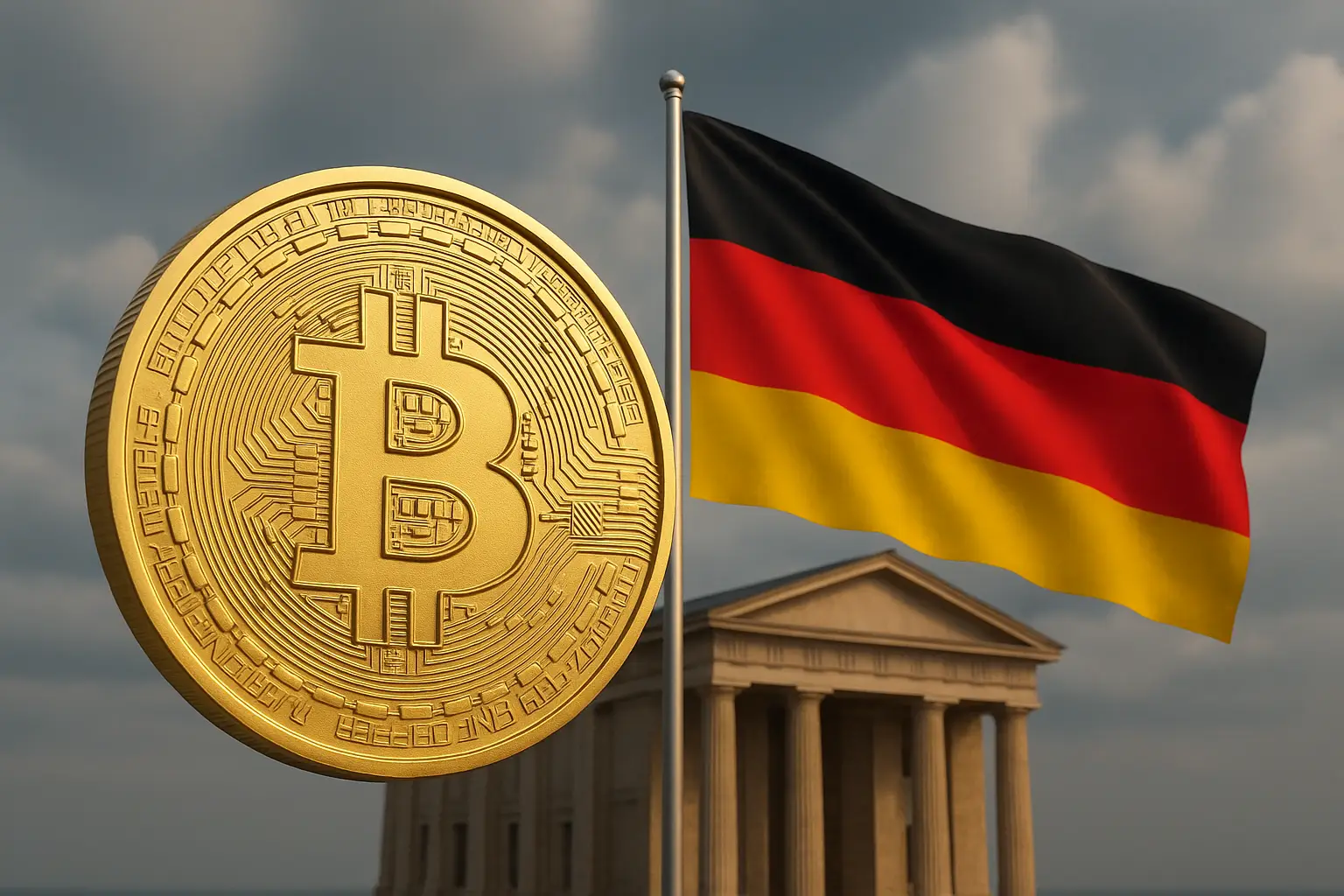Germany’s debate over Bitcoin and cryptocurrency regulation has intensified as the nation’s largest opposition party, Alternative für Deutschland (AfD), has called for a groundbreaking shift in national financial policy — proposing that Bitcoin be officially recognized as part of Germany’s strategic reserves.
The proposal, submitted to the Bundestag, challenges the prevailing attitude of strict regulation under the European Union’s Markets in Crypto-Assets (MiCA) framework. According to AfD representatives, MiCA’s heavy-handed restrictions risk suffocating innovation, discouraging entrepreneurship, and pushing blockchain development outside the European Union. The party claims that instead of treating Bitcoin as a speculative asset or a financial threat, Germany should embrace it as a core component of the country’s long-term economic stability plan.
AfD’s motion outlines several key recommendations. First, it urges the German government to study the feasibility of holding Bitcoin within national reserves — alongside gold and foreign currencies — as a hedge against inflation, financial crises, and potential weakness in fiat currencies. The proposal argues that Bitcoin’s decentralized and deflationary design offers protection against monetary manipulation and government overreach, particularly in an era of expanding digital central bank control.
Secondly, the AfD motion seeks to preserve the current tax benefits associated with cryptocurrency holdings in Germany. Presently, individuals can sell Bitcoin tax-free after holding it for more than one year. AfD argues that this framework encourages responsible, long-term investment and should remain untouched. They also emphasize that citizens must retain self-custody rights, meaning the right to hold and control their own digital assets without relying on third-party intermediaries such as banks or custodial exchanges.
The proposal has stirred considerable discussion within German and European political circles. Critics argue that introducing Bitcoin into national reserves could expose Germany to significant market volatility, especially given the unpredictable nature of cryptocurrency prices. They warn that such a move might also complicate the European Union’s broader financial policy, which prioritizes stability and regulatory oversight through mechanisms like MiCA.
Supporters, however, view the proposal as forward-thinking. They believe Bitcoin’s transparent, borderless nature could strengthen Europe’s financial independence and innovation ecosystem. By integrating Bitcoin into its financial framework, Germany could position itself as a leader in the global crypto economy, much like El Salvador did in 2021 when it became the first country to adopt Bitcoin as legal tender. Although Germany’s motion does not suggest legal tender status, it does propose similar recognition of Bitcoin as a national reserve asset with economic and strategic value.
Economists aligned with AfD also highlight Bitcoin’s potential to complement Germany’s renewable energy goals. They argue that Bitcoin mining — when powered by excess or renewable energy sources — could serve as a stabilizing mechanism for the power grid by absorbing surplus energy during low-demand periods. This, they say, would not only enhance energy efficiency but also create new revenue streams for the German energy sector.

Meanwhile, the MiCA regulation, which came into effect in June 2024, continues to face criticism across Europe for its perceived overreach. While designed to create a unified framework for crypto regulation across the EU, some experts claim it imposes unnecessary compliance burdens on startups and limits access to decentralized finance (DeFi) services. The AfD motion echoes these concerns, urging policymakers to consider a more flexible, innovation-friendly approach that maintains financial security while allowing digital assets to flourish.
As the debate unfolds, Germany finds itself at a crossroads between two competing visions: one that seeks strict control and cautious regulation of emerging technologies, and another that views cryptocurrencies like Bitcoin as tools of financial empowerment and sovereignty. Regardless of the outcome, Germany’s growing political interest in Bitcoin reflects a broader global trend — where digital assets are no longer seen as fringe investments but as integral elements of future economic strategy.
With domestic crypto adoption rising, Germany remains one of Europe’s most active cryptocurrency markets, hosting numerous blockchain startups, fintech innovators, and digital asset service providers. The AfD proposal, while controversial, has succeeded in reigniting a critical conversation about Germany’s role in shaping the digital economy — and whether Bitcoin will be part of its financial foundation in the years to come.
Source: Cointelegraph Edited by Sonarx

